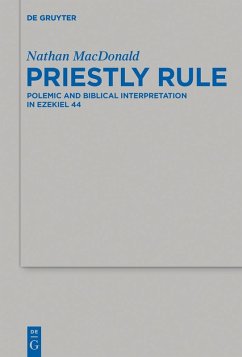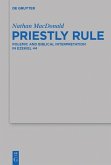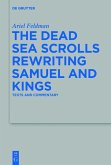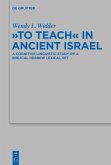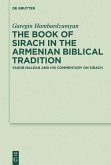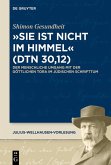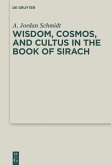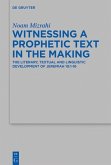Whilst prophetic oracles in late prophetic books evidence tensions about the Jerusalem temple and its priesthood, MacDonald demonstrates that the relationships between prophetic oracles have been incorrectly appraised. Employing an interpretative method attentive to issues of redaction and inner-biblical interpretation, MacDonald show that Ezekiel 44 is a polemical response to Isaiah 56, and not the reverse as is typically assumed. This has significant consequences for the dating of Ezekiel 44 and for its relationship to other biblical texts, especially Pentateuchal texts from Leviticus and Numbers. Since Ezekiel 44 has been a crucial chapter in understanding the historical development of the priesthood, MacDonald's arguments affect our understanding of the origins of the distinction between Levites and priests, and the claims that a Zadokite priestly sept dominated the Second Temple hierarchy.
Dieser Download kann aus rechtlichen Gründen nur mit Rechnungsadresse in A, B, BG, CY, CZ, D, DK, EW, E, FIN, F, GR, HR, H, IRL, I, LT, L, LR, M, NL, PL, P, R, S, SLO, SK ausgeliefert werden.
William Brown in: The Biblical Review (December 2015)
"Die anregende Studie wird die Diskussion um das Ezechielbuch und seine Genese, um den Abschluss des Pentateuchs und die Diskussion um die Gestalt des Priestertums in der Zeit des Zweiten Tempels anregen und befeuern."
Franz Sedlmeier in: Biblische Notizen. Neue Folge, 2019, Nr. 183, 141-143

